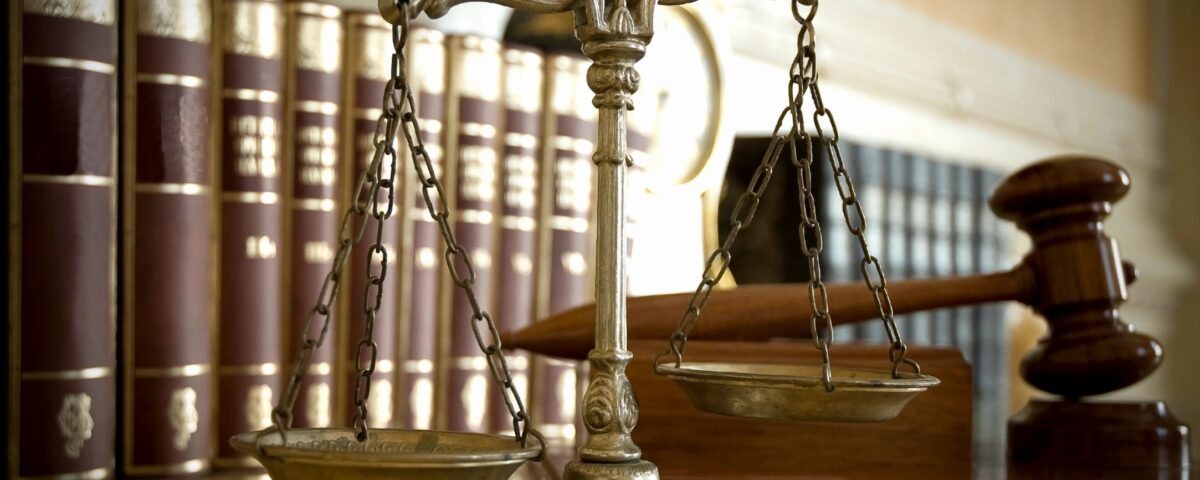One thing that was not told to this young and impressionable to-be-attorney in law school was the fact that you will also need to be a private investigator of sorts. There are at least three reasons for this activity. First, ethically, an attorney must have a reasonable, good faith basis to assert claims or defenses on behalf of a client pursuant to Nevada Rule of Civil Procedure 11. Secondly, the Courts are much more likely to pull the trigger on motions to dismiss and other clarifying motions on complaints by plaintiffs and answers of defendants. Third, factually knowing your case, including the strengths and weaknesses of that case are essential to that case’s success.
All lawyers are held to the requirements of NRCP 11. It reads in part as follows:
NRCP 11(b):
- (3) the factual contentions have evidentiary support or, if specifically so identified, will likely have evidentiary support after a reasonable opportunity for further investigation or discovery; and
- (4) the denials of factual contentions are warranted on the evidence or, if specifically so identified, are reasonably based on belief or a lack of information.
The requirements stated here are instructive in nature and require that there be the evidentiary support referenced here. This is different from believing your client. There has to be proof that the claims are substantiated.
NRCP 11 is rarely used as the basis to dismiss a case. Motions to dismiss are usually the mechanism to address the viability of claims and they are usually made and based upon the law, but there are instances where the opposing party asserts a lack of a factual basis. Such an assertion usually requires an affidavit in support of the motion. Thus, even if you are asserting that there are not facts supporting a claim, you have to research the facts sufficiently to produce and provide such an affidavit.
Finally, and probably most importantly of these factual considerations, a lawyer is more than required to know her case, she should consider what she does not know just as adamantly. Discovery is the process, after filing of a civil complaint, whereby parties learn about the claims and the defenses of the opposing party. What a party does not know, and what the other side can prove at trial is determined during discovery. A defendant may be more likely to resolve or settle a case when the facts are known and laid out in a reasonable and succinct manner. Knowing those facts prior to filing a complaint and knowing your viable defense after a reasonable inquiry into those claims are not only instructive and helpful, they are essential to the efficient prosecution and defense of a case.



